Home > Contents > Featured Articles
Issue: Summer 2015-6
SF Franchises and Contemporary Science Fiction
First of all, I enjoyed Star Wars: The Force Awakens. It was a great ride. I got to be twelve again. ("The golden age of science fiction is twelve.")
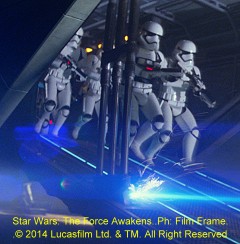
I loved that it was big and bold and brassy. I loved it in 42-channel sound and 5-dimensional Imaxarama. But most of all, I loved seeing old friends and making new ones -- both onscreen and the group I was seeing it with.
I had a great time. And I will go see it again soon. I give it an 8, maybe an 8.5. (Once again it becomes obvious that the laws of physics work differently in the Star Wars universe, but so what? I had fun.)
I also love Star Trek. I love The Original Series. But as much as I loved it then and still love it now, I am also aware that the laws of physics in the Star Trek universe are not the same laws of physics in this universe. I also recognize that Trek wasn't the "pure" SF of the books -- it was science fiction for television, which is a whole other kind of writing.
I stress this first ... because what I'm about to say is likely to piss some people off -- people who aren't taking the time to understand the point I really want to make.
In one respect, Star Trek and Star Wars have NOT been good for the science fiction genre. In ONE respect.
Now, before I get there -- I do want to point out that both of those franchises have been extraordinarily popular, more popular than the Beatles (Paul McCartney's first group), and have drawn millions of new readers to the SF genre. That has been good for SF.
But ... along the way, both of those franchises have redefined SF back to the level of the pulps. They are not about ideas as much as they are about adventures with spaceships, ray guns, aliens, and robots. They're about special effects and beating up villains.
Yes, some of the adventures have been spectacular -- but there is so much more to SF as well.
There is a branch of SF that is considered "hardcore" -- Arthur C. Clarke wrote hardcore SF, so did Heinlein in the first half of his career. Asimov as well, and Hal Clement. Greg Benford. Andy Weir.
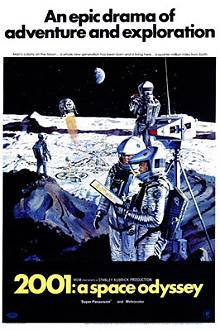
In the movies, we got Destination Moon, Forbidden Planet, 2001: A Space Odyssey, The Martian, and many others, which were also adventures, but they were adventures about science as well -- adventures in possibility.
These stories are my favorite kind of SF -- and no, before you tell me I'm wrong, I also like most of the other flavors as well -- but I love science fiction that's strongly rooted in science.
So where I say that Trek and Star Wars have had a negative influence on SF is that the perception of SF as space opera has drawn too much attention away from the science in science fiction. And ... in particular, there are several (perhaps many) talented authors who are settling for writing space opera (variations on Trek or Star Wars) instead of the broader challenges of tackling the big ideas.
I have not been able to keep up with the thousands of stories and books published every year. My to-be-read shelves are overflowing. So I can't guess at if this is a minor thing in SF or a major trend. But in terms of publicity -- well, I'm thrilled that The Martian was a big hit as a book and as a movie. I hope Saturn Run (by John Sandford and Ctein) repeats that success, it's a great book. And I look forward to some of the stuff that's currently in the works.
I know that there are still many authors who continue to work in the hard-science vein. (Kim Stanley Robinson's 2312 was brilliant.) So I'm not complaining about space opera -- I'm not wishing for it to go away. I love space opera, it was the space opera of Buck Rogers and Flash Gordon that first attracted me to science fiction. I just wish that the science-based adventures in science fiction could be getting more attention in the SF community and in the larger world. Because I think science is the greater adventure.
December, 2015
Reprinted by permission.
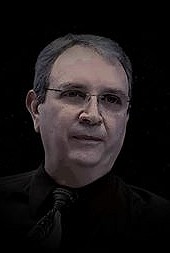
David Gerrold is a American-based writer of short and long fiction and scripts.
Interview with David Gerrold;
David Gerrold: Me and Science Fiction; Stucture, Structure, Structure (commentary);
Gerrold answers The Usual Questions (interview);
Movie Review, The Martian Child;
David Gerrold film/tv listing (IMDB)
Author's web site
David Gerrold on Facebook
For posts about Melbourne events, places, news, reviews, giveaways, see our Facebook Page:

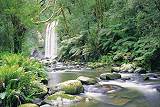
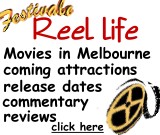



 Published in Melbourne, Victoria, Australia
Published in Melbourne, Victoria, Australia